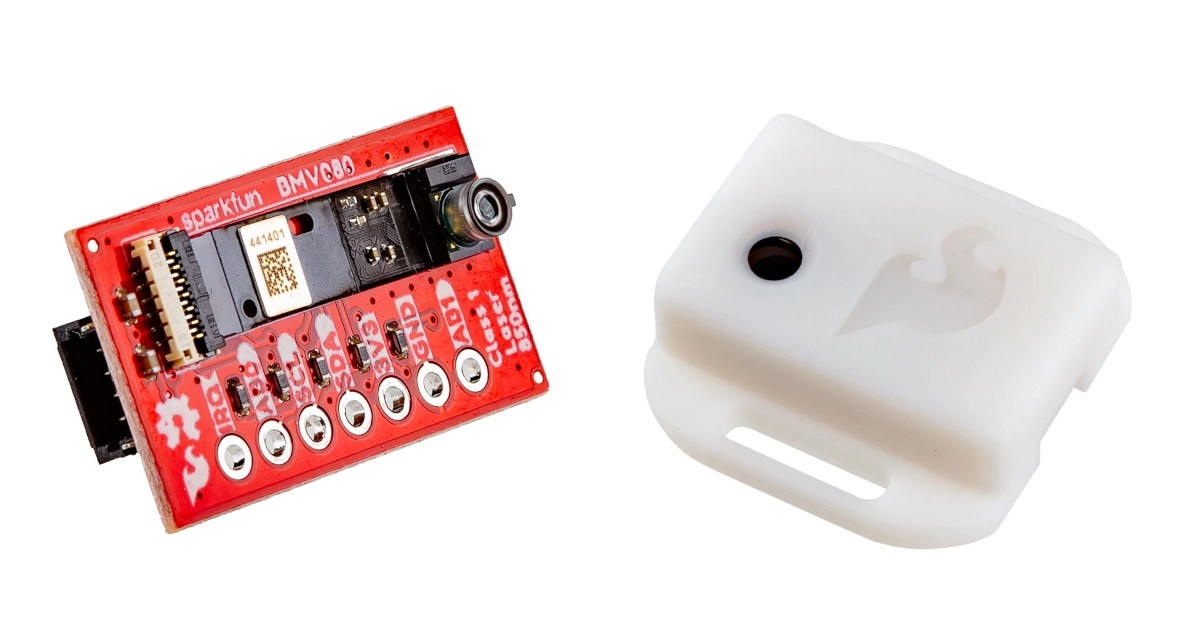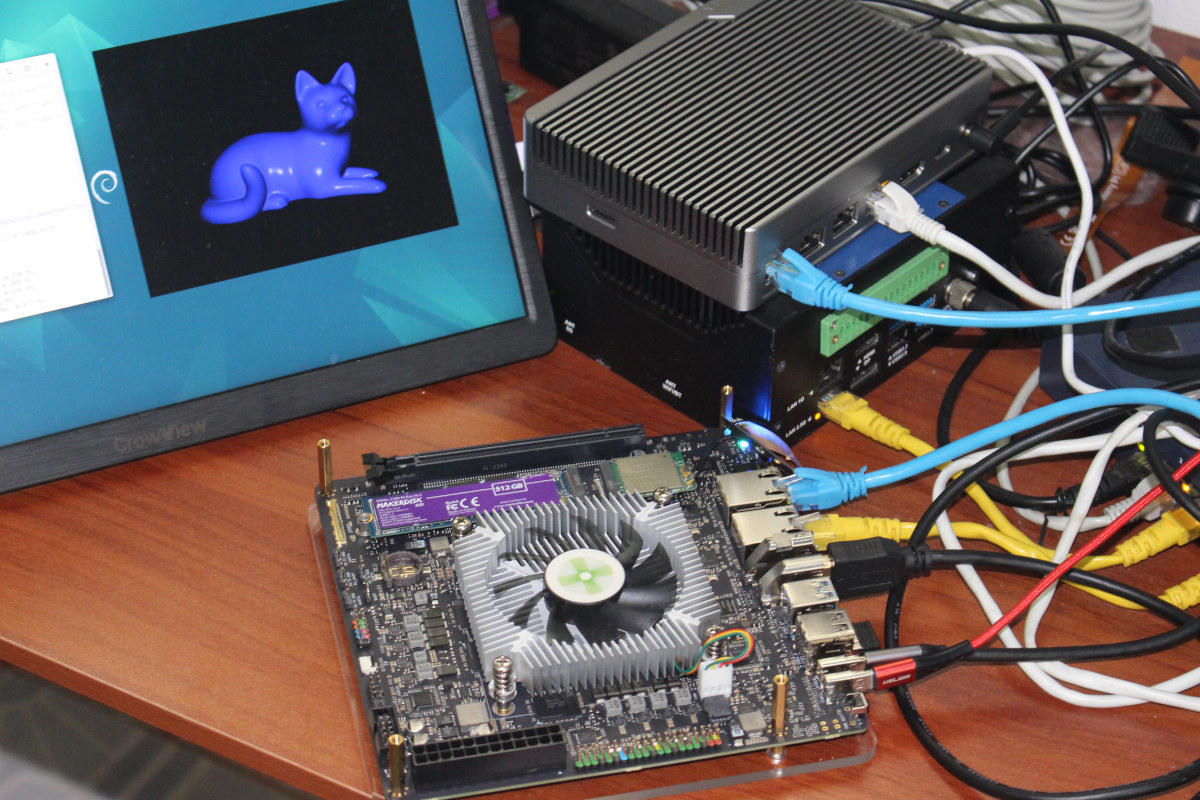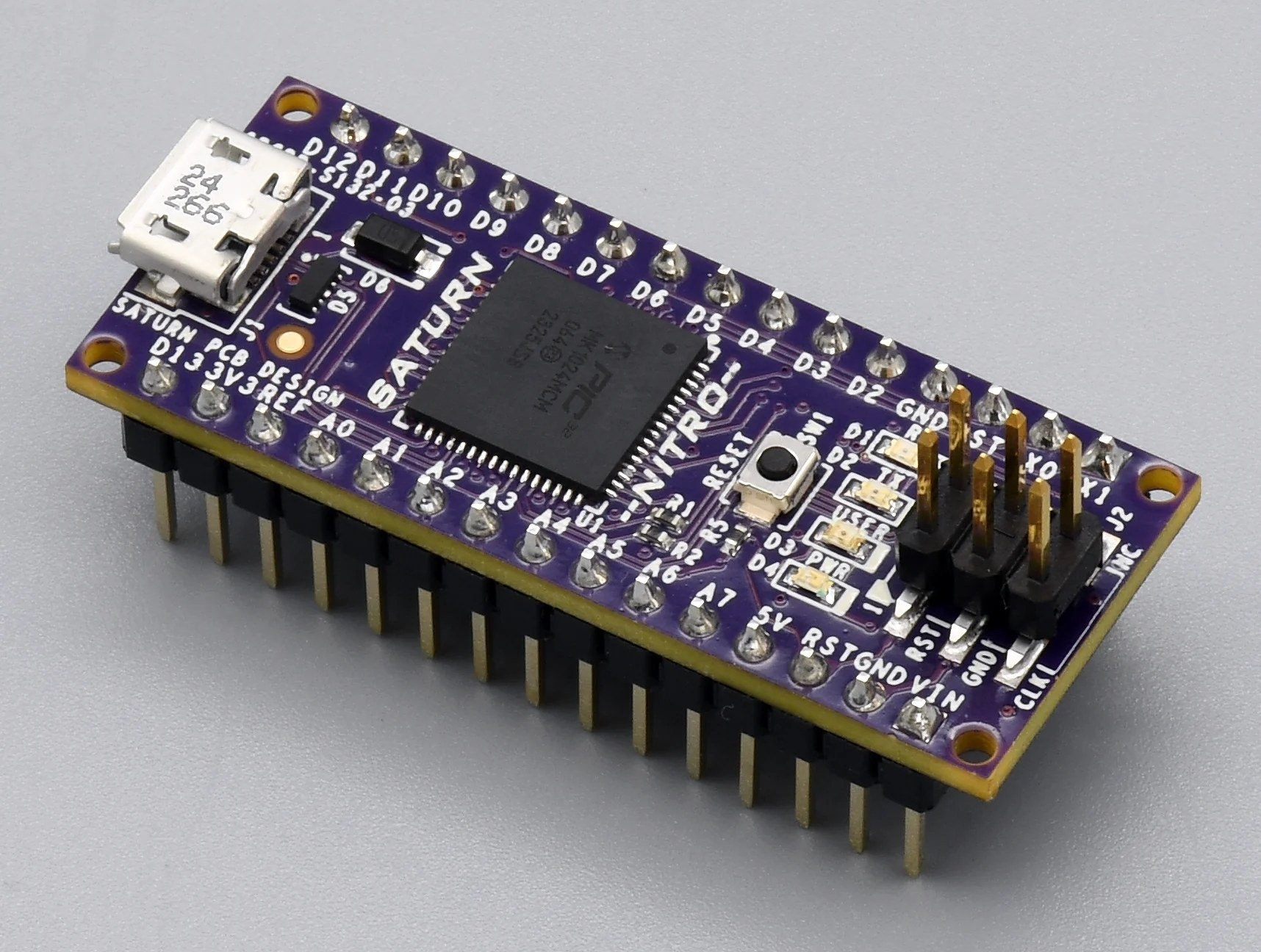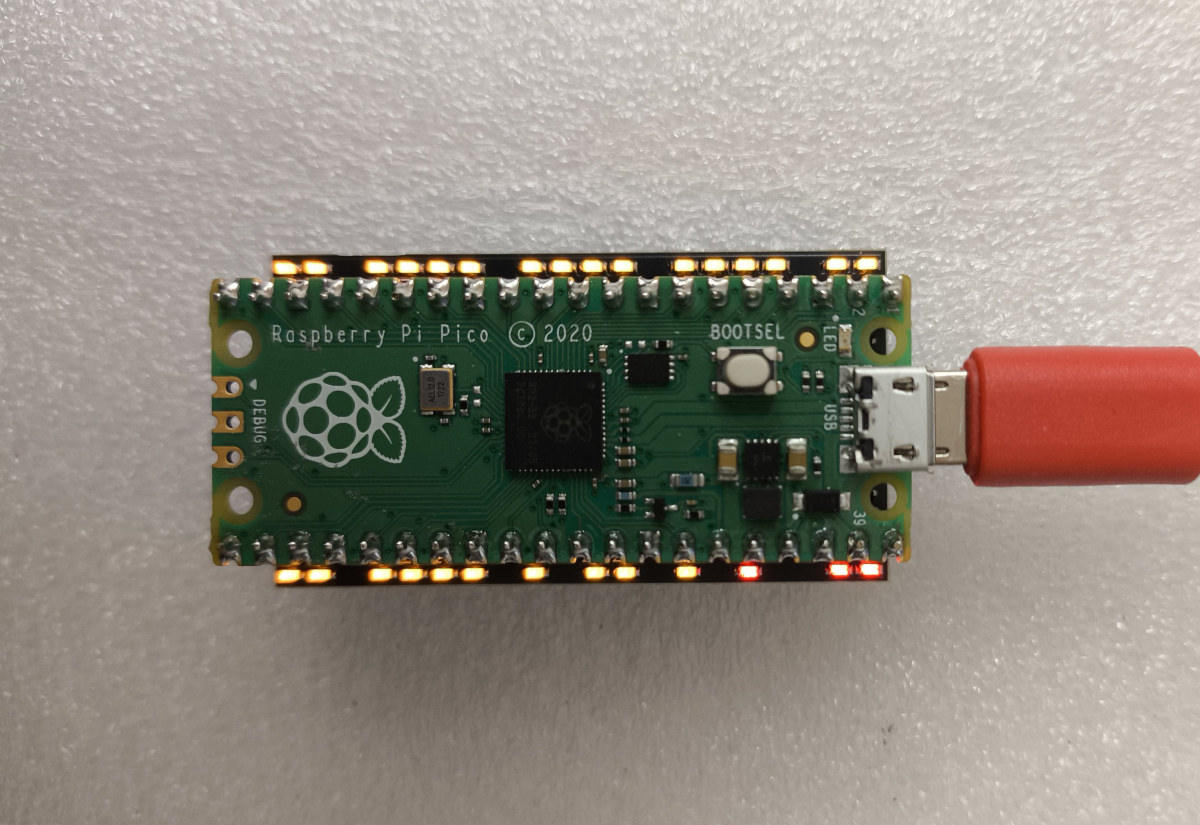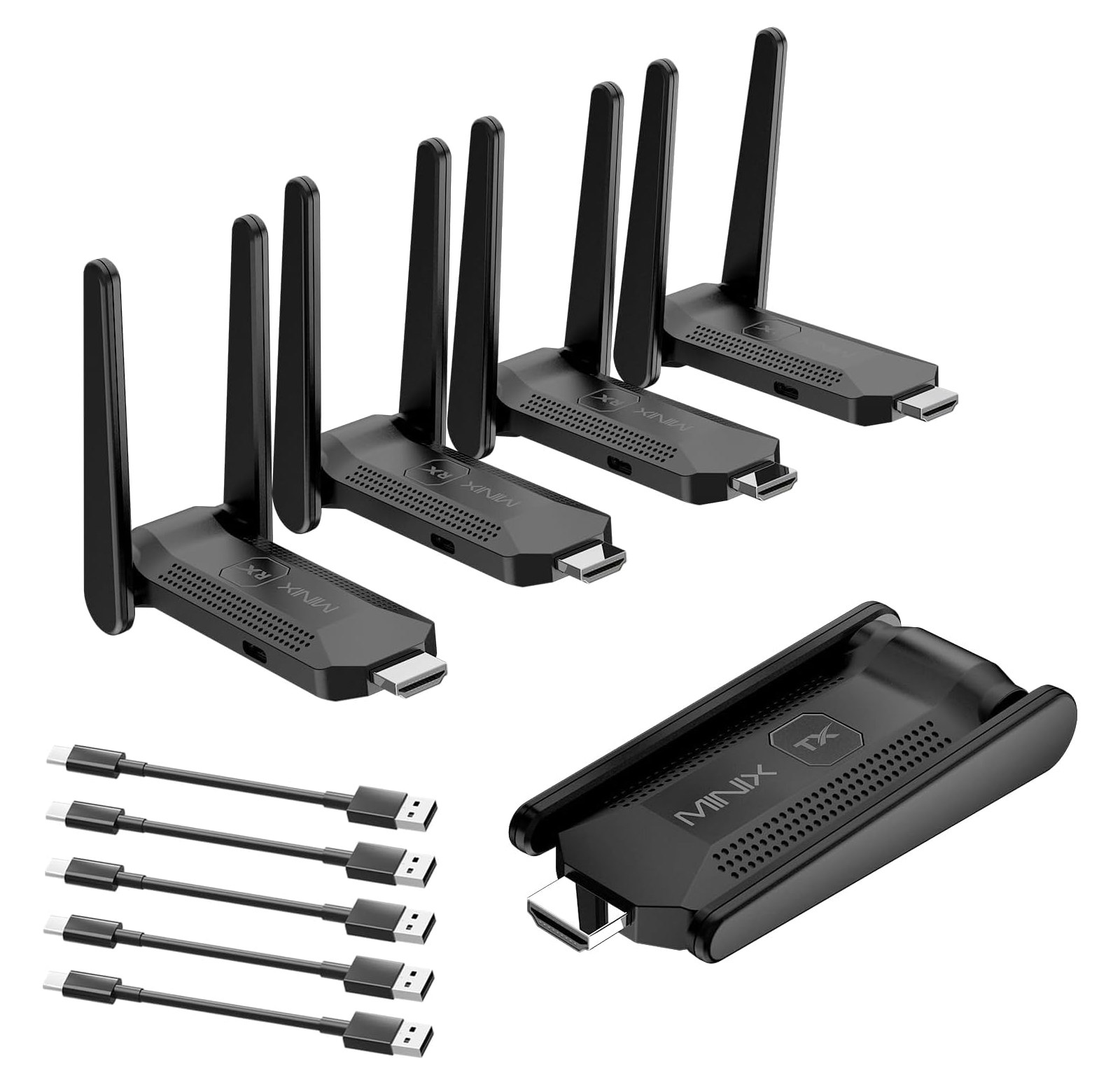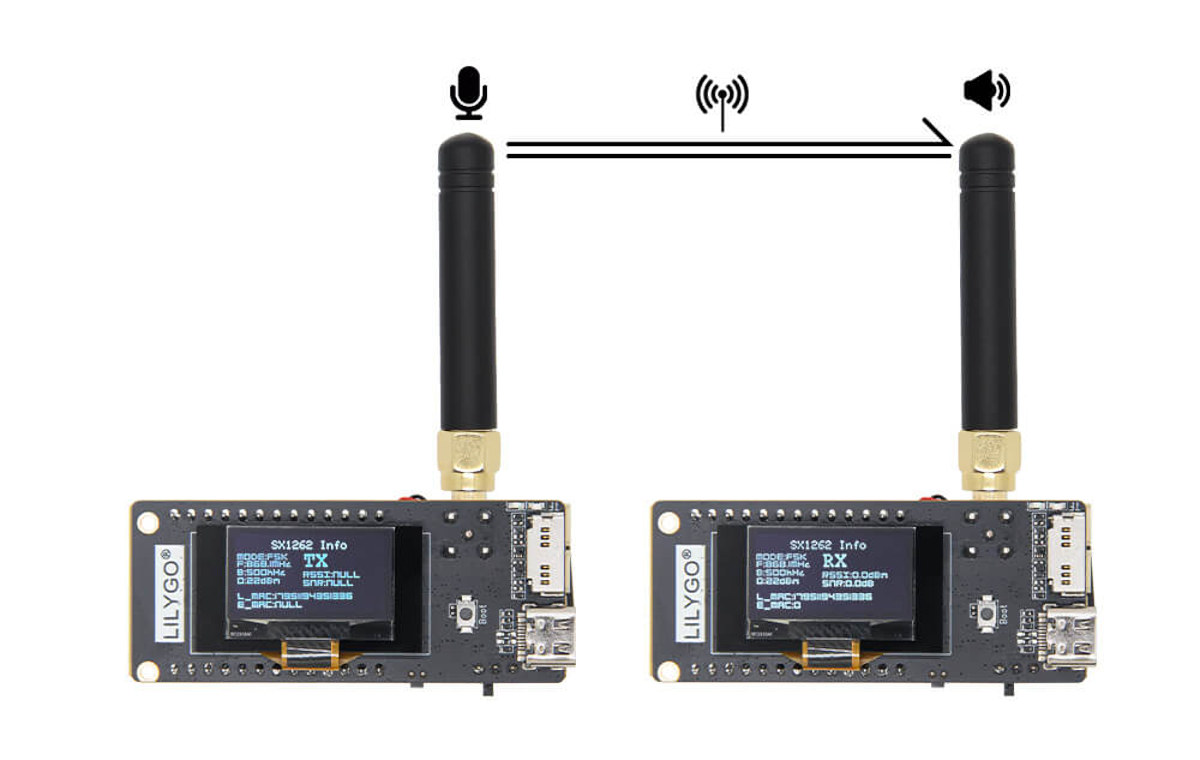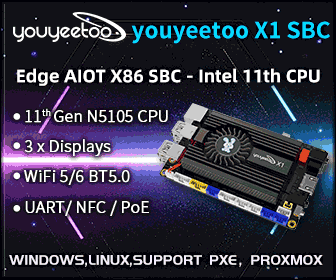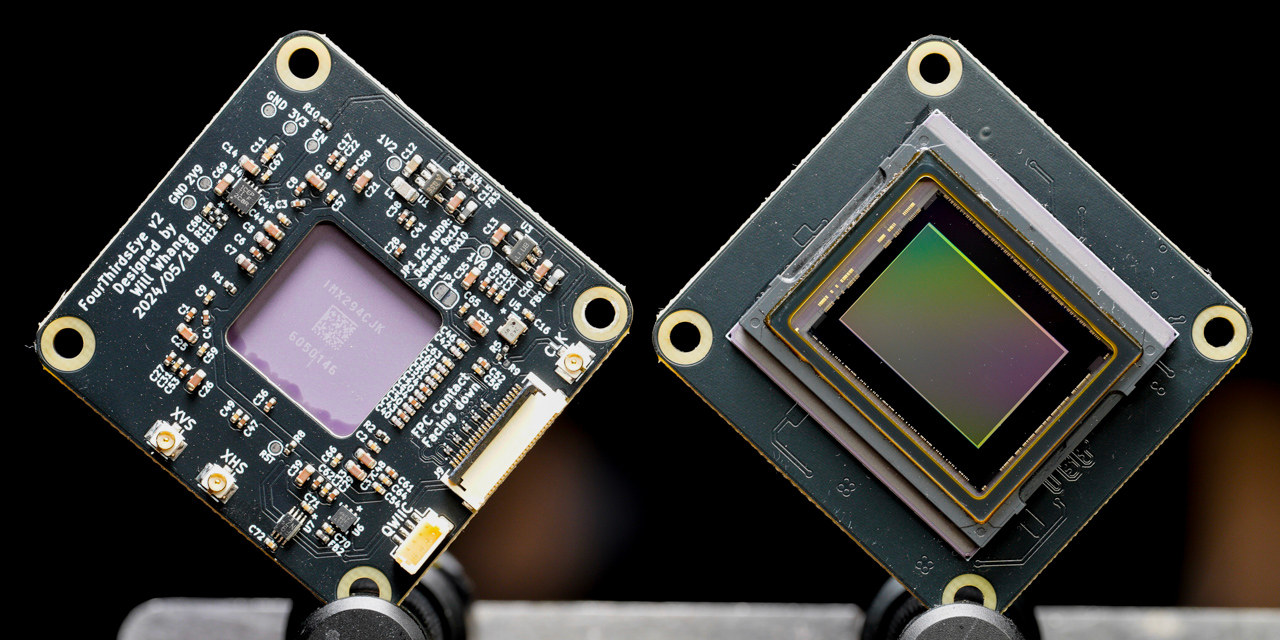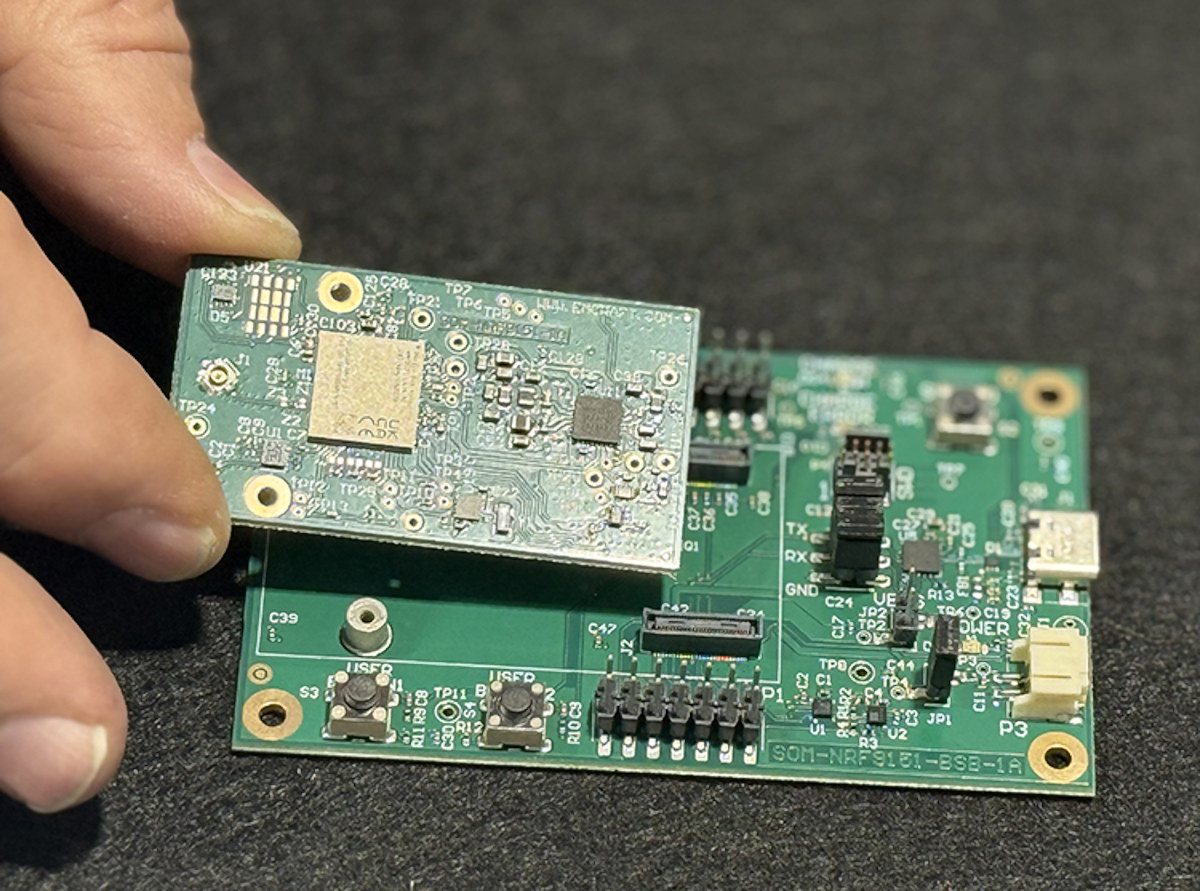SparkFun’s “Air Quality PM1/PM2.5/PM10 Sensor – BMV080 (Qwiic)” is breakout board for the Bosch Sensortec BMV080 particulate matter sensor which the German company claims is the world’s smallest and 450 times smaller in volume than any comparable device on the market. It’s summer in Thailand right now, and besides scorching temperatures of over 40°C during the day, it’s also smog season with high PM 2.5 values and frequent alerts not to exercise outdoors. We usually get the Air Quality Index (AQI) from apps like IQAir AirVisual, or people can install air quality monitors in fixed locations to get local readings. But the small size (4.4 x 3.0 x 20 mm³) of the Bosch BMV080 can enable PM2.5 monitoring in wearables or other small devices like the PurpleAir PIXEL USB dongle. SparkFun Air Quality PM1/PM2.5/PM10 Sensor – BMV080 (Qwiic) specifications: Sensor – Bosch Sensortec BMV080 PM Mass Concentration Range: 0 to […]
Radxa Orion O6 Preview – Part 2: Debian 12 – What works, what doesn’t
I went through an unboxing and Debian 12 installation on the Radxa Orion O6 at the end of January, but decided to work on other reviews since software support still needed to be worked on. Since then, there’s been some work done, but no new image released. After waiting for almost two months, I’ve decided to carry on with the review by testing the Debian 12 image in a way similar to the Rock 5B SBC preview I did with Debian 11 in 2022 to check what works and what doesn’t on the Orion O6 at the time of the review. That will involve testing all ports, including 5GbE networking and the PCIe slot with an (old) NVIDIA graphics card, running some benchmarks, and also trying the Debian 12 image with a self-built Linux 6.13 kernel using ACPI instead of UEFI for the default image. Orion O6 SBC benchmarks on […]
SATURN NITRO – A Microchip PIC32MK development board with Arduino Nano form factor
While Microchip regularly releases PIC32 microcontrollers and evaluation kits, we don’t see that many PIC32 development boards from third parties. The SATURN NITRO is an exception, and the Arduino Nano-inspired development board is equipped with a 120 MHz PIC32MK general-purpose and motor control 32-bit MIPS microcontroller with 256KB SRAM, 1024KB flash, and 4KB EEPROM. The board closely follows the design of the official Arduino Nano board and can be seen as a beefed-up version with a much more powerful microcontroller delivering 198 DMIPS compared to the Microchip ATmega328P 8-bit microcontroller @ 16 MHz with just 2KB SRAM, 32 KB flash, and 1KB EEPROM, and a less capable I/Os. SATURN NITRO specifications: MCU – Microchip PIC32MK1024MCM064 Core – MIPS32 microAptiv MCU core @ 120 MHz with FPU; up to 198 DMIPS Memory – 256 KB SRAM Storage – 1MB flash, 4KB EEPROM USB – 1x Micro USB OTG port also used […]
Pico Indicator adds LEDs to GPIO and power signals of the Raspberry Pi Pico and compatible boards
8086 Consultancy has designed a simple board called the Pico Indicator to add LEDs to the GPIO and power pins of the Raspberry Pi Pico and other boards with the same pinout. In the past, we’ve seen some educational boards like the Cytron Maker Uno RP2040 include LEDs for each GPIO that make it more visual for students, but can also help debug projects without having to connect a multimeter or oscilloscope. Most MCU boards only include a few LEDs, and that includes the Raspberry Pi Pico family, which only features one user LED. The Pico Indicator fixed that by adding 29 LEDs for use with the Pico, Pico W, Pico 2, Pico 2 W, and compatible boards to show which pins are logic level high. Pico Indicator highlights: Compatible with any board following the 2x 20-pin headers layout of the Raspberry Pi Pico 29x LED indicators GPIO – 26x […]
MINIX B14 1-to-4 wireless HDMI kit supports up to four Full HD displays
We’ve covered various wireless HDMI solutions over the years, such as the Xiaomi Wireless Casting Adapter or ProScreenCast SC02, but I think it’s the first time I’ve come across something like the MINIX B14 1-to-4 wireless HDMI kit with support for up to four Full HD displays. The MINIX B14 comes with a single HDMI Tx dongle and four HDMI Rx dongles to be connected to four monitors or TVs. The solution works over dual-band WiFi and additional HDMI Rx can be added if needed. MINIX B14 specifications: Wireless HDMI – 1x HDMI transmitter and 4x HDMI receivers WiFi – Dual-band (2.4GHz+5GHz) WiFi with up to 50 meters range Resolution – 1080p HD (not frame rate provided) Features Simultaneous connection to multiple devices (1-to-4 Capability) Plug-and-Play operation High-definition video streaming Audio-Video sync Power Supply – 5V/2A via USB-C port Dimensions – 10.6 x 4.4 x 2 cm when the antennas […]
A LoRa-based Walkie-Talkie? Meet LILYGO T3-S3 MVSR LoRa voice communication kit
With its low-power, long-range capabilities, LoRa has been used for P2P and Mesh messaging with firmware like MeshTastic, but due to its limited bandwidth, we haven’t seen quite as many LoRa audio applications. This has not stopped LILYGO from designing the T3-S3 MVSR LoRa voice communication kit, integrating LoRa radio, a microphone, and a speaker to use the board as a walkie-talkie solution working over Semtech SX1262 or SX1280 RF transceiver. LILYGO T3-S3 MVSR specifications: SoC – Espressif Systems ESP32-S3FH4R2 CPU – Dual-core Tensilica LX7 microcontroller @ up to 240 MHz Wireless – 2.4 GHz 802.11n WiFi 4 and Bluetooth 5.0 LE connectivity Memory – 2MB PSRAM Storage – 4MB SPI flash Storage – MicroSD card slot Display – 0.96-inch 128×64 OLED display with SSD1306 I2C driver Audio MAX98357A Speaker MSM261S4030HOR Microphone LoRa module (one or the other) LORA32 SX1262 with 868MHz or 915 MHz radio LoRa 2.4G module based […]
FourThirdsEye is an open-source hardware 10.7MP IMX294 camera module for the Raspberry Pi 5/CM4
Will Whang’s FourThirdsEye project is an open-source hardware camera module designed for Raspberry Pi 5 SBC and Raspberry Pi Compute Module 4 SoM using a Sony IMX294 Type 4/3 CMOS image sensor. The camera module can capture 10.7 MP images and 4K (4096 x 2160) videos with improved low-light performance and dynamic range (4.63 μm pixel size) compared to existing Raspberry Pi camera modules. Will claims it’s perfect for photography enthusiasts, developers, and makers who want a more powerful camera for their Raspberry Pi projects. FourThirdsEye camera module specifications: Sony IMX294 sensor Output image size – Diagonal 21.63 mm (Type 4/3) aspect ratio 17:9 & 4:3 Number of effective pixels 4168 (H) × 2176 (V) approx. 8.93M pixels (aspect ratio 17:9) 3792 (H) × 2824 (V) approx. 10.71M pixels (aspect ratio 4:3) Unit cell size – 4.63 μm (H) × 4.63 μm (V) Optical blacks Horizontal – Front: 0 pixels, […]
emCraft SOM-NRF9151 – A Nordic Semi nRF9151 System-on-Module with LTE-M, NB-IoT, DECT NR+, and GNSS
Better known for its Linux and uCLinux-powered system-on-modules, emCraft has just launched the SOM-NRF9151 system-on-module powered by a Nordic Semi nRF9151 Arm Cortex-M33 SiP (System-in-Package) with LTE-M, NB-IoT, and DECT NR+ connectivity, and GNSS functionality. The SoM also features a 16MB SPI flash, an nPMIC1300 for power management, a Nano SIM card slot, and a footprint for an eSIM. I/Os and power signals are exposed through two 50-pin board-to-board connectors, and the company provides a starter kit with a baseboard for evaluation. emCraft SOM-NRF9151 specifications: SiP – Nordic Semi nRF9151 CPU – Arm Cortex-M33 @ 64 MHz Memory – 256 KB SRAM Storage – 1 MB flash Wireless – LTE-M, NB-IoT, and DECT NR+ modem with GNSS 700-2200 MHz LTE bands: B1-B5, B8, B12, B13, B17-B20, B25, B26, B28, B65, B66, B85 Power Class 5 20 dBm Power Class 3 23 dBm 1.9GHz NR+ band support Certified for global operation […]


